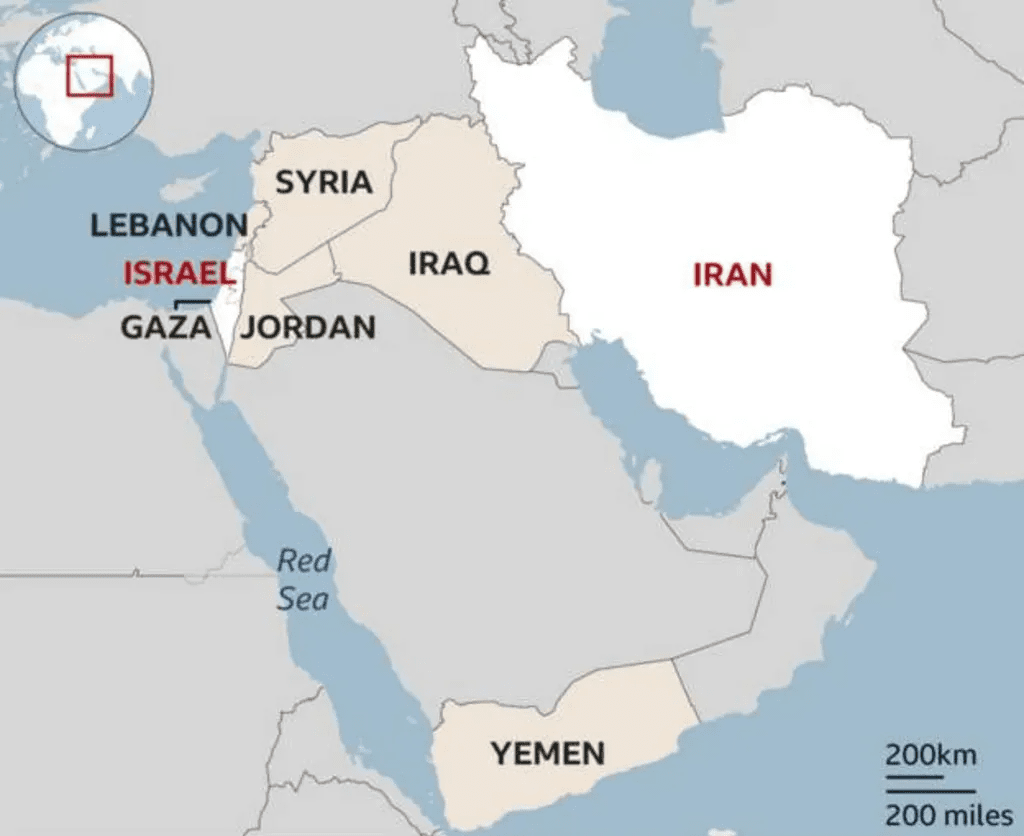In a significant escalation of tensions, Iran launched a barrage of drones and missiles towards Israel following a vowed retaliation for a deadly strike on its consulate in Damascus, Syria.
While Israel has not officially claimed responsibility for the consulate strike, it is widely speculated to be behind it.
This marks the first direct attack by Iran on Israel, amid a longstanding shadow war between the two nations, characterized by covert attacks on each other’s assets.
The roots of enmity between Iran and Israel trace back to the 1979 Islamic revolution in Iran, which ushered in a regime vehemently opposed to Israel’s existence.
Supreme Leader Ayatollah Ali Khamenei has repeatedly denounced Israel, describing it as a “cancerous tumor” destined for destruction.
Israel perceives Iran as an existential threat, citing Tehran’s rhetoric, support for proxy forces like Hezbollah and Hamas, and alleged clandestine pursuit of nuclear weapons.
The recent consulate attack, resulting in the death of senior Iranian commanders, prompted Iran’s retaliatory strike on Israel, viewed as a violation of its sovereignty.
Iran’s network of allies and proxy forces across the Middle East, including Syria, Hezbollah, and Houthi rebels in Yemen, pose challenges to US and Israeli interests in the region.

While Iran boasts a larger population and geographic size compared to Israel, its military capabilities, particularly in missiles and drones, are formidable.Although Israel is widely believed to possess nuclear weapons, it maintains a policy of ambiguity regarding its nuclear arsenal.
Iran’s recent attack sends a chilling signal of its military prowess and strategic reach, underscoring the heightened tensions in the region.